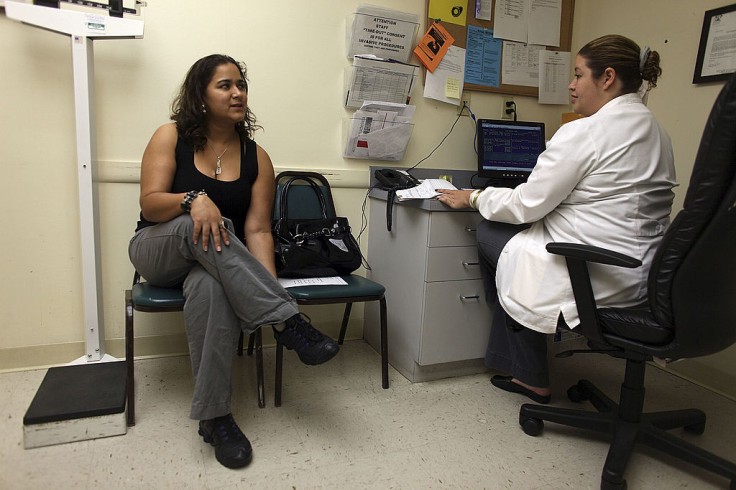
Menopause can be a heavy burden for working women that leads to billions in medical costs.
The symptoms that are frequently linked with menopause can result in considerable medical expenses and decreased productivity while on the job.
According to CNN, a recent study published in the Mayo Clinic Proceedings, 13% of the women surveyed experienced negative work outcomes due to menopause symptoms, and 11% missed work days because of them.
Dr. Stephanie Faubion, the study's lead author and director of Mayo Clinic Women's Health, highlighted the economic impact of these symptoms in a news release.
Menopause typically occurs in women between 45 and 55 years old, resulting from the decline of estrogen and progesterone production in the ovaries.
A Burden for Working Women
According to the Mayo Clinic, between March and June of 2021, a survey study was conducted to investigate the relationship between menopause symptoms and work outcomes in women aged 45 to 60 who were receiving primary care at one of their four sites.
Out of the 5,219 women surveyed, 4,440 (85.1%) provided current employment information and were included in the analysis.
The survey assessed adverse work outcomes related to menopause symptoms using the Menopause Rating Scale (MRS) as the primary outcome.
The results showed that menopause symptoms were associated with adverse work outcomes and lost work productivity and that the severity of symptoms was a strong predictor of the likelihood of an adverse work outcome.
The estimated annual cost of lost workdays related to menopause symptoms in US women aged 45 to 60 was $1.8 billion. Racial and ethnic disparities were identified, with Black and Hispanic women reporting more adverse work outcomes related to menopause symptoms than White women.
The study's authors emphasized the need for improved medical treatment for women experiencing menopause symptoms and the importance of creating a more supportive workplace environment for women during this life stage.
It is crucial to acknowledge that the study's participants were predominantly White, married, and college-educated, limiting the findings' generalizability to more diverse populations.
Nonetheless, the study highlights the significant impact of menopause symptoms on women's work outcomes and underscores the need for more research and attention to this important issue.
Menopause in Women
Menopause is a natural biological process that marks the end of a woman's menstrual cycle. It's defined as the absence of menstrual periods for 12 consecutive months.
However, it's important to note that menopause can occur earlier or later than this range, and each woman's experience with menopause is unique.
Before reaching menopause, women go through a transition phase called perimenopause, which typically lasts several years.
According to NIH, the duration of perimenopause can vary, ranging from a few months to over a decade, and may be influenced by factors such as genetics, lifestyle, and overall health.
While menopause itself doesn't require medical treatment, many women seek relief from the uncomfortable symptoms that can accompany it.
Treatments can range from lifestyle changes such as exercising regularly and avoiding triggers like caffeine and alcohol to hormone replacement therapy and other medications.
However, the decision to treat menopausal symptoms is personal. It should be made in consultation with a healthcare provider, taking into account factors such as medical history, risk factors, and preferences.
Regular check-ins with a healthcare provider are also important for women going through menopause, as they can help monitor any potential health risks and adjust treatment plans as needed.
By taking care of their health and seeking appropriate support, women can navigate the menopausal transition with confidence and ease.